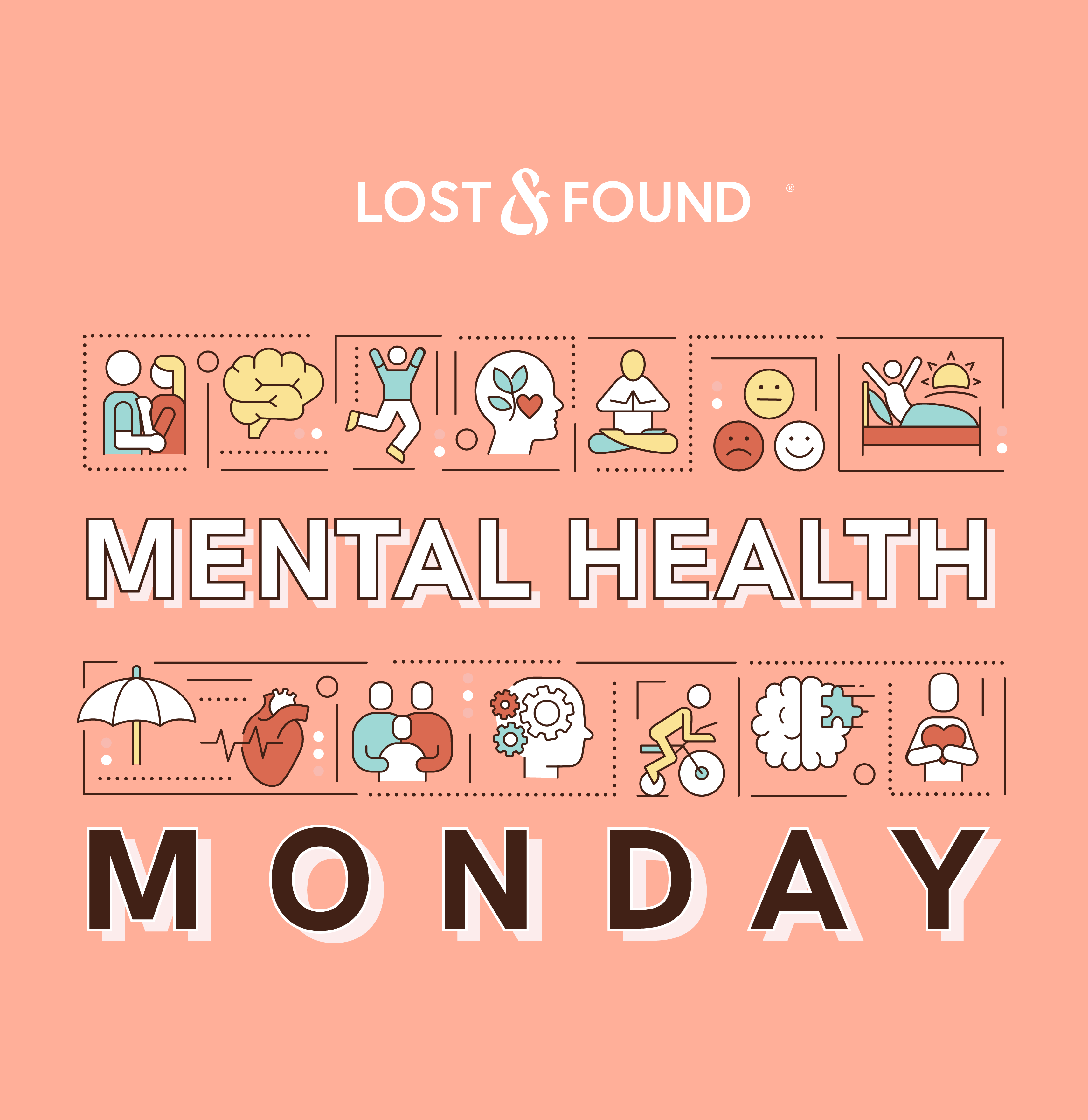Mental Health Monday: Physical activity improves mental health
This is part of a regular series called Mental Health Monday. Our goal is to share information about mental health trends and research, as well as suggestions for what we can do as individuals and communities to improve the mental health of ourselves and others.
Physical movement is a big brain boost
Physical activity improves cognitive and mental health in all sorts of ways, according to a recent article in The New York Times.
Exercise offers short-term boosts in cognition. Studies show that immediately after a bout of physical activity, people perform better on tests of working memory and other executive functions. This may be in part because movement increases the release of neurotransmitters in the brain, most notably epinephrine and norepinephrine.
The neurotransmitters dopamine and serotonin are also released with exercise, which is thought to be one reason people often feel so good after going for a run or a long bike ride.
The brain benefits show up most significantly when people work out consistently over time.
Physical activity also benefits mood. People who work out regularly report having better mental health than people who are sedentary. And exercise programs can be effective at treating people’s depression, leading some psychiatrists and therapists to prescribe physical activity. The Centers for Disease Control and Prevention’s recommendation of 150 minutes of moderate aerobic activity or 75 minutes of vigorous aerobic activity per week is a good benchmark.
Read more about how exercise benefits the brain in the full article, How Exercise Strengthens Your Brain.
Let’s Do More:
- The benefits of exercise on your brain are dose-dependent, according to the researchers: More, and more intense, exercise shows bigger benefits. But that doesn’t mean you have to run marathons to see and feel improvement (though kudos to all you brain-boosting long-distance runners!). Think about your level of exercise currently. How could you give your current routine a boost? Maybe it’s taking the stairs instead of the elevator, or taking the stairs a little faster, or adding a couple intervals of speed walking, jogging, or sprinting to your regular walk. Every little bit helps, and the more regularly you can add those bits of exercise, the more your brain and mood will benefit.

